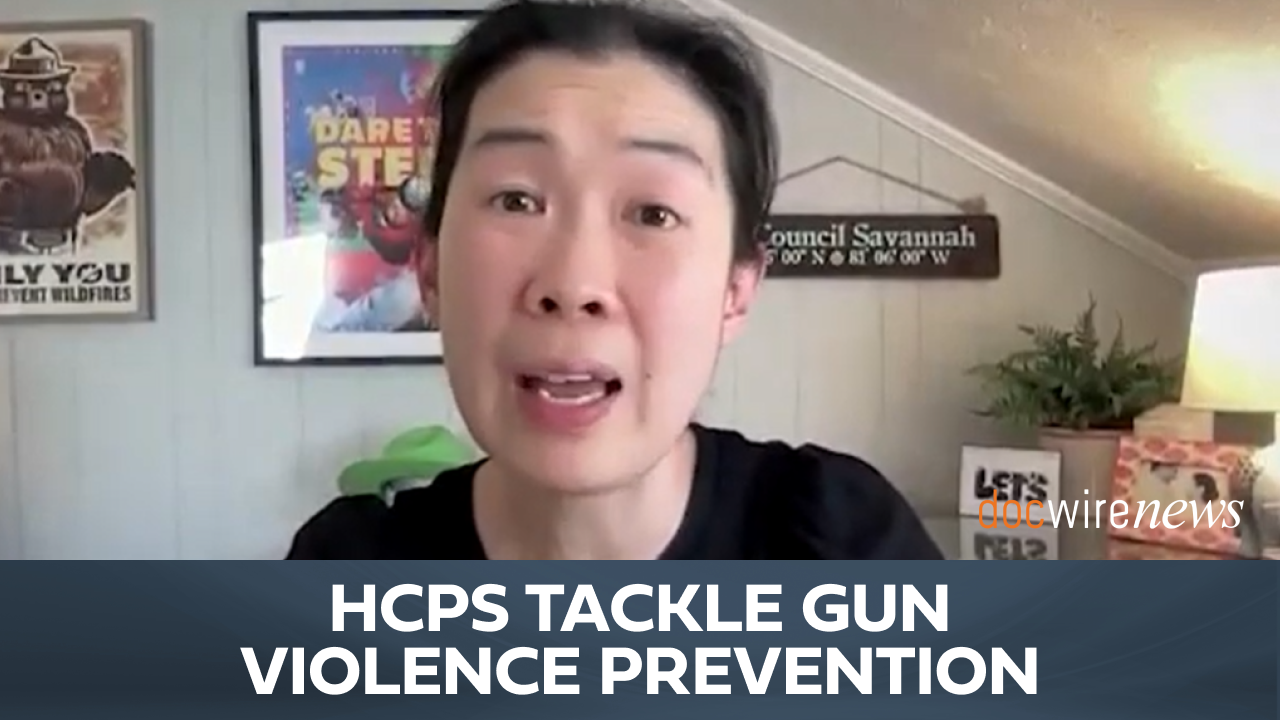
Recent research found that 1 out of 15 American adults over the age of 40 sense smells that aren’t there.
The cross-sectional study, conducted by the National Institute on Deafness and Other Communication Disorders (NIDCD) and published online in JAMA Otolaryngol–Head & Neck Surgery, collected data from 7,417 adults from 2011 through 2014 using the National Health and Nutrition Examination Survey, conducted by the Centers for Disease Control and Prevention. Researchers found that 6.5% experience phantom odors (n = 534). Women were roughly twice as likely to perceive false smells as men. It was also more common among younger people, across both sexes. For women, 9.6% of participants aged 40-49 years (n = 1,028) reported experiencing phantom odors, compared to 10.1% for those aged 50-59 years (n = 962), 7.5% for ages 60-69 years (n = 935), and 5.5% for ages 70 and older (n = 937). Among men, 2.5% of the 70 years and older age group (n = 846) and 5.3% of the 60-69 years old group (n = 913) reported phantom smells.
Who would have thought? Many of us may smell things that aren't actually there. Does the same go for hearing? sight? #science #mondaymorning https://t.co/N9C06bEOCR
— Michelle de la Vega, PhD (@DrMdelavega) August 20, 2018
It was also more common in people who had experienced head injury (odds ratio [OR], 1.74) and who had persistent dry mouth symptoms (OR, 3.03), as well as members of lower socioeconomic classes. Participants with an income-to-poverty ratio of less than 3 were 60% (n = 1,602) to 65% (n = 2,521) more likely to smell nonexistent odors than members in the higher income-to-poverty groups (OR, 1.65 for income-to-poverty ratio <1.5; OR, 1.60 for income-to-poverty ratio 1.5-2.9).
The smells reported are often bad, such as garbage or rotting food.
Among those who reported phantom odors, only 11% (n = 64) spoke about issues with senses of smell or taste with a clinician. Study author Donald Leopold, M.D., said that people who experience phantom odors often have a miserable quality of life and may struggle with their weight.
Phantom #odor perception is more common than you may think. Read more in this investigation from colleagues at @NIDCD https://t.co/hnMZzVUzEU #Phantosmia pic.twitter.com/ATmVPMvcEQ
— JAMA Otolaryngology – Head & Neck Surgery (@JAMAOto) August 20, 2018
“Problems with the sense of smell are often overlooked, despite their importance,” Judith A. Cooper, Ph.D., acting director of the NIDCD, said in a statement. “They can have a big impact on appetite, food preferences, and the ability to smell danger signals such as fire, gas leaks, and spoiled food.”







 © 2025 Mashup Media, LLC, a Formedics Property. All Rights Reserved.
© 2025 Mashup Media, LLC, a Formedics Property. All Rights Reserved.